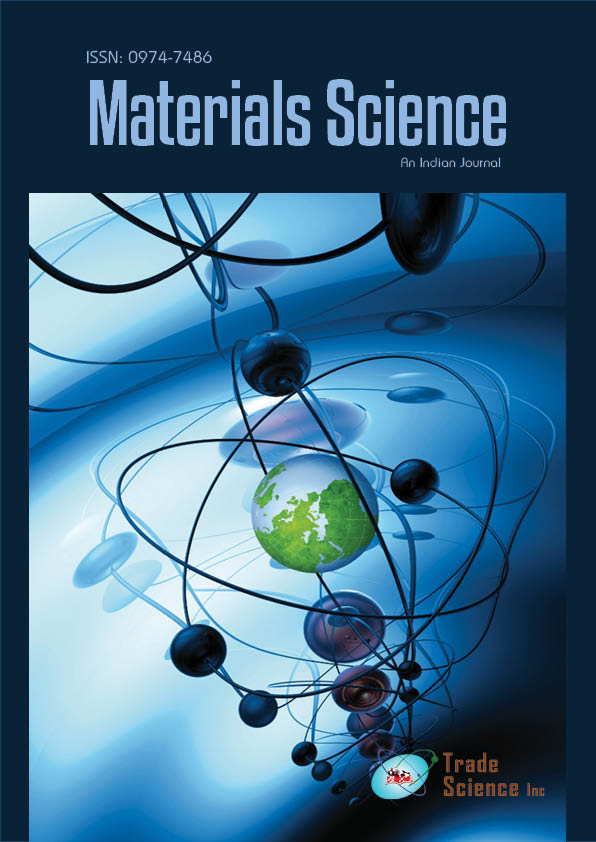சுருக்கம்
Synergistic Effect of Cyperus odoratus & PGPR Strain in Hydrocarbon Uptake from Oil Contaminated Soil
Minakshi Bhattacharjee, Kishore Mahanta, Manash Pratim Sarma
Background: Petroleum is the main source of energy as fuel. Petroleum leakage or dumping of petroleum waste can lead to contamination of soil and ground water. Some major sources of oil spills are leaking storage tanks, pipelines, land disposal of petroleum waste and accidental spills. Phytoremediation is the use of plant and its associated micro-organisms. Objectives: This study aims to use sedge species, C. odoratus and PGPR strains for phytoremediation of oil sludge contaminated soil. Materials and Methods: The plant was grown in two conditions viz., oil contaminated soil as well as contaminated soil containing PGPR. The growth pattern of the plant in both conditions was observed. Total petroleum hydrocarbon (TPH) was estimated using Soxhlet extraction method. The TPH samples were further analyzed by GC-MS. Results: A better growth was observed when the contaminated soil was treated with PGPR one month after the planting of C. odoratus. Initially when treated with the plant there was no change in the amount of total petroleum hydrocarbon but after treating with PGPR strains there was a decrease in the concentration of total petroleum hydrocarbon. Moreover, GCMS reveals that there is a breakdown of hydrocarbon when the soil are planted with C. odoratus and treated with Plant Growth Promoting Rhizobia (PGPR). Conclusion: A synergistic effect of Cyperus odoratus & PGPR strain in hydrocarbon uptake was observed. So, this combination could be effectively used to restore vegetation in oil spilled sites.
